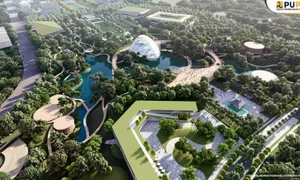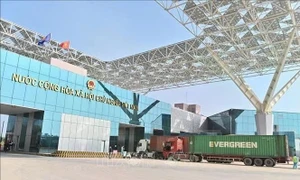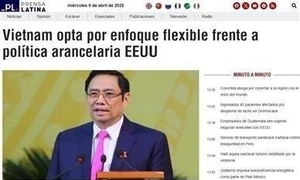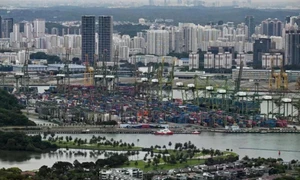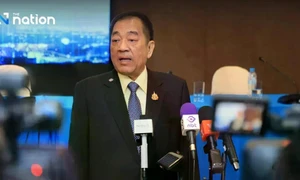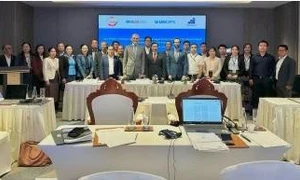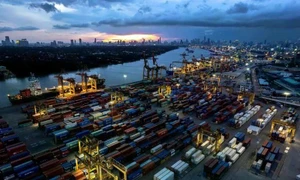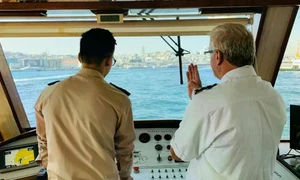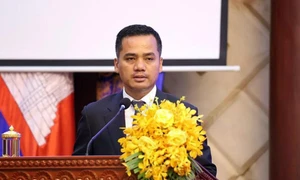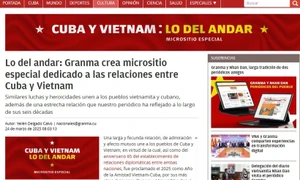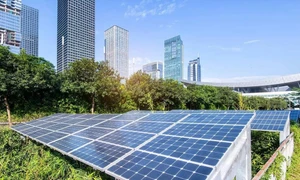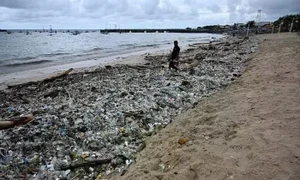
Malaysian and UAE representatives sign an MoU on AI cooperation. Photo courtesy of The Middle East Economy.
Speaking at a press conference at the conclusion of his visit to the United Arab Emirates (UAE) on January 14, Anwar stressed that digital transformation encompasses more than just data centres and artificial intelligence (AI), but also needs to focus on fintech.
He urged relevant agencies, including the Securities Commission, the Treasury, and Bank Negara, to examine critical areas to ensure Malaysia keeps pace with global developments, while maintaining oversight to protect public interests.
The PM affirmed that financial innovation will reshape the global financial landscape.
He hailed the UAE’s development in this field, saying the UAE’s closer cooperation with Malaysia offers valuable opportunities.
Previously, the two countries signed a memorandum of understanding (MoU) on AI cooperation.
According to Anwar, Malaysia - as Chair of ASEAN 2025 and the UAE - as Chair of the Gulf Cooperation Council (GCC) this year, have agreed to leverage platforms such as the ASEAN - GCC summit to promote cooperation between the governments and the private sector, especially in the field of AI. This is an opportunity to connect policymakers, industry leaders, and innovators to solve complex global challenges.
In another speech at the Abu Dhabi Sustainable Development Week (ADSW) 2025 the same day, the Malaysian PM said his country's special position with a diversified and fast-growing economy has helped it build sustainable economic policies. He also affirmed that Malaysia will continue to work closely with GCC countries, including the UAE, to develop its economy and promote sustainable initiatives.
